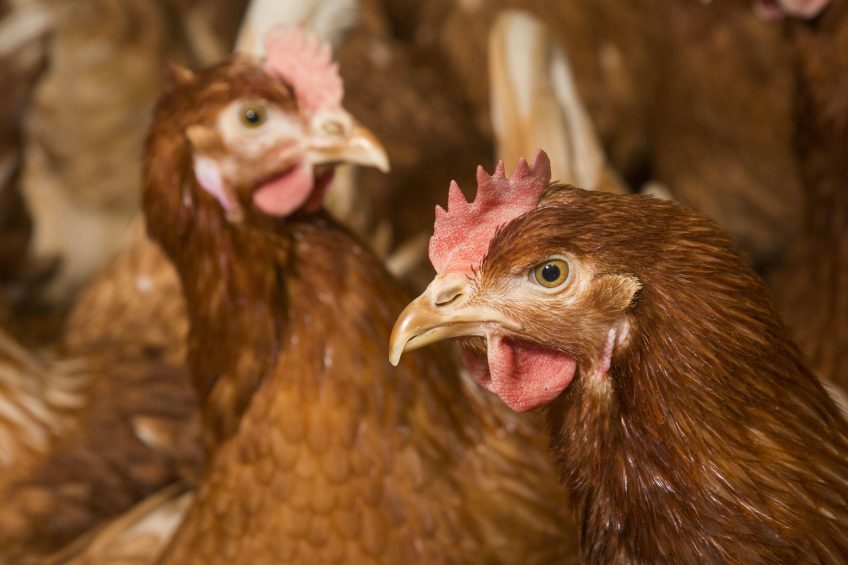Perdue to invest millions in higher welfare stunning

US poultry giant Perdue Farms is to invest more than $15m on a higher welfare controlled atmospheric stunning (CAS) system plus live bird handling process.
The venture, the first of its kind in the United States, will take place at the company’s Milford plant in Delaware, which is the country’s largest organic poultry facility. The plant supplies 1.2m organic and no-antibiotics-ever chickens per week.
Perdue is the only major poultry company in the country to commit to converting 100% of the plants to CAS instead of electrical stunning, which eliminates the process of shackling conscious birds.
Higher welfare
The move positions Perdue to meet the higher broiler welfare standards promised by nearly 70 food retailers and restaurant companies across the nation.
Most US poultry plants use electrical stunning, which dates back to the 1960s, and renders animals insensible to pain before processing. Employees shackle birds upside down while they are still conscious.
With CAS, Perdue uses increasing levels of carbon dioxide to calm and then sedate the chickens before bringing about an irreversible loss of consciousness prior to processing. Since birds are stunned before handling, no bird is upside-down while conscious. This improves poultry welfare and creates a better working environment for employees.
Bruce Stewart-Brown, senior vice-president of food safety, quality and live production at Perdue Farms, said since implementing the CAS system, the company was seeing measurable poultry welfare improvements throughout the process as well as improvements in product quality.
“Our technology uses both carbon dioxide and oxygen in the mix, which creates less stress on the birds as they go through the chambers,” he added.
Perdue laid out an extensive programme to advance animal care in 2016 and earlier this month it achieved the second highest level in the Business Benchmark on Farm Animal Welfare. Perdue Farms was one of only three US poultry or meat companies to achieve this level or higher.
The welfare issues surrounding stunning were raised at last weeks’ BBFAW meeting at the London Stock Exchange by investors. A spokeswoman for Aviva asked for BBFAW’s latest thoughts on slaughter practices.
Martin Cooke, international head of corporate engagement at World Animal Protection, said that while there were some good electrical systems, the CAS system was the facility favoured by the BBFAW. “There is no requirement of live handling of birds and that is something NGOs like…”
Second phase, redesigned crates
In the second phase of the CAS process, covered trucks will transport the birds in redesigned crates to a fully-enclosed, temperature controlled, de-stressing area prior to processing, called the “lairage area”.
The transport crates are then transferred to the CAS system, so the birds stay calm and are never handled when conscious. It will be fully operational later this autumn.
Perdue also plans to continue the gradual conversion of the rest of its harvest plants to CAS, with the next installation planned for 2019.













